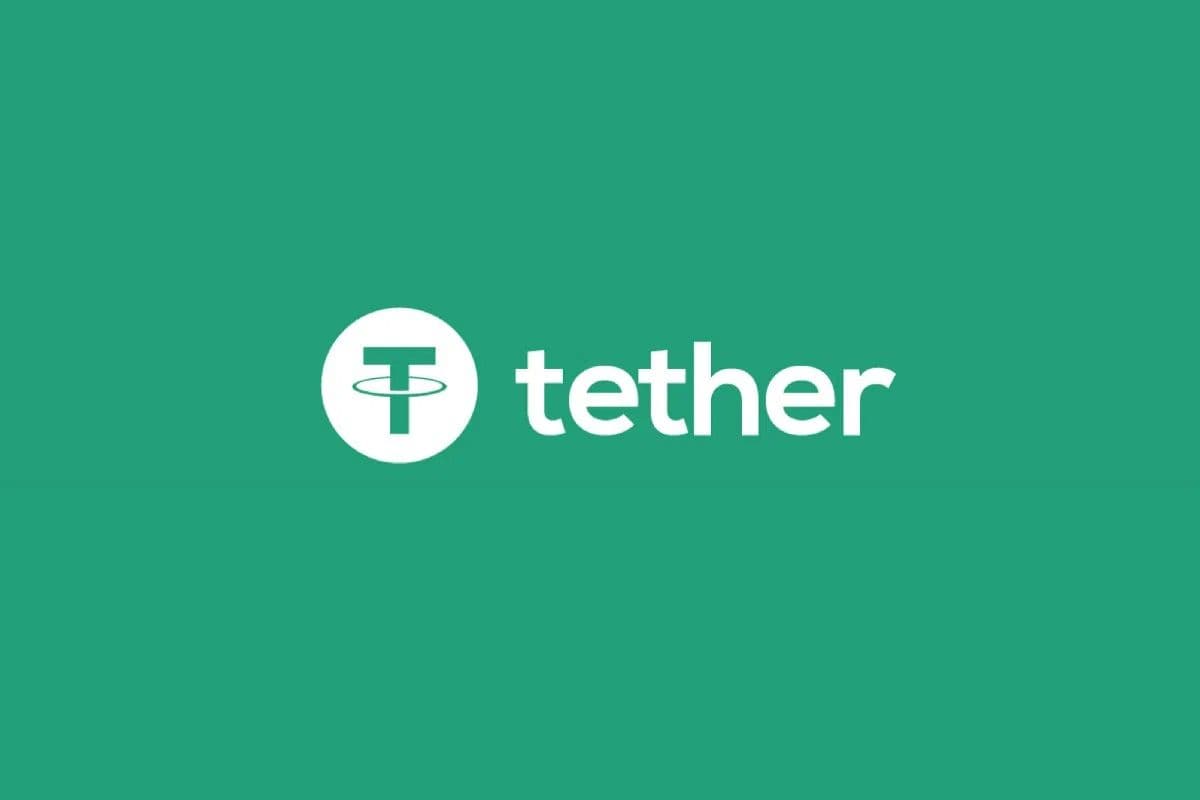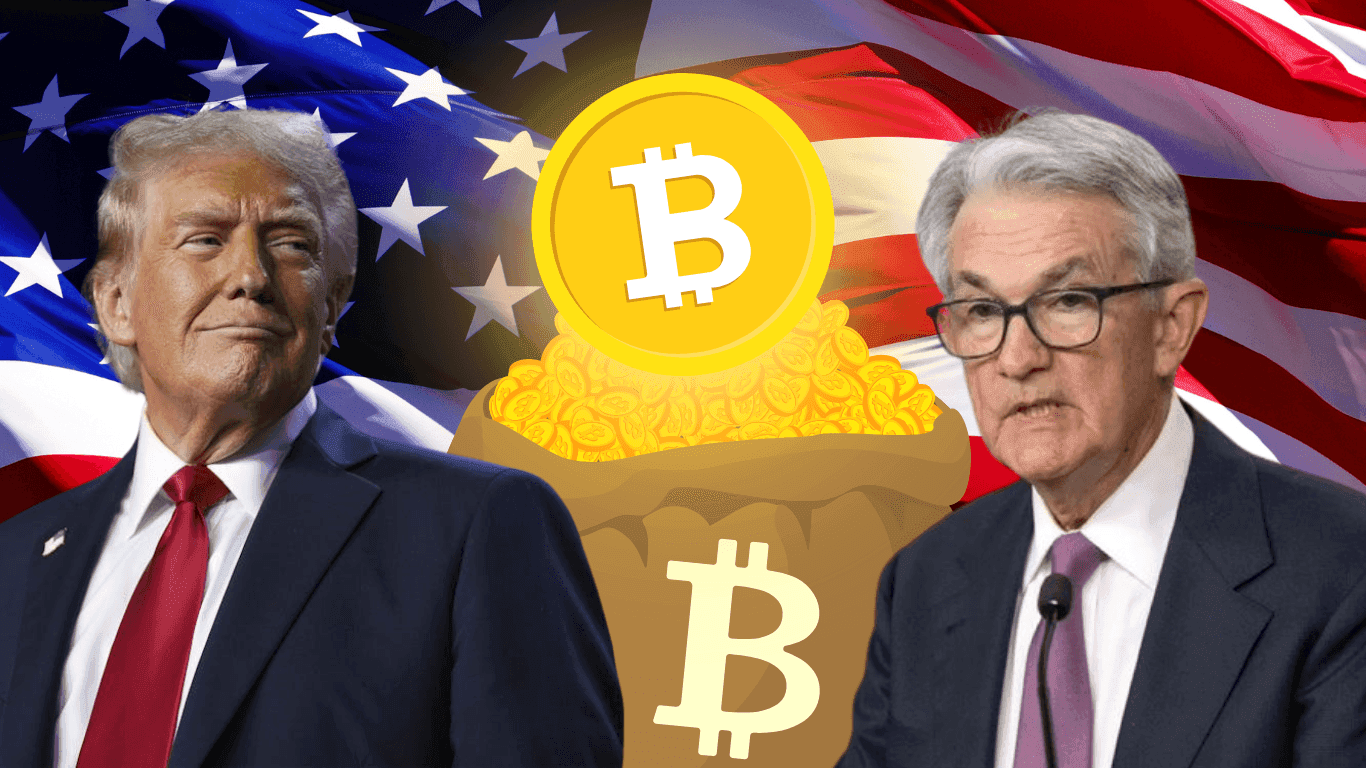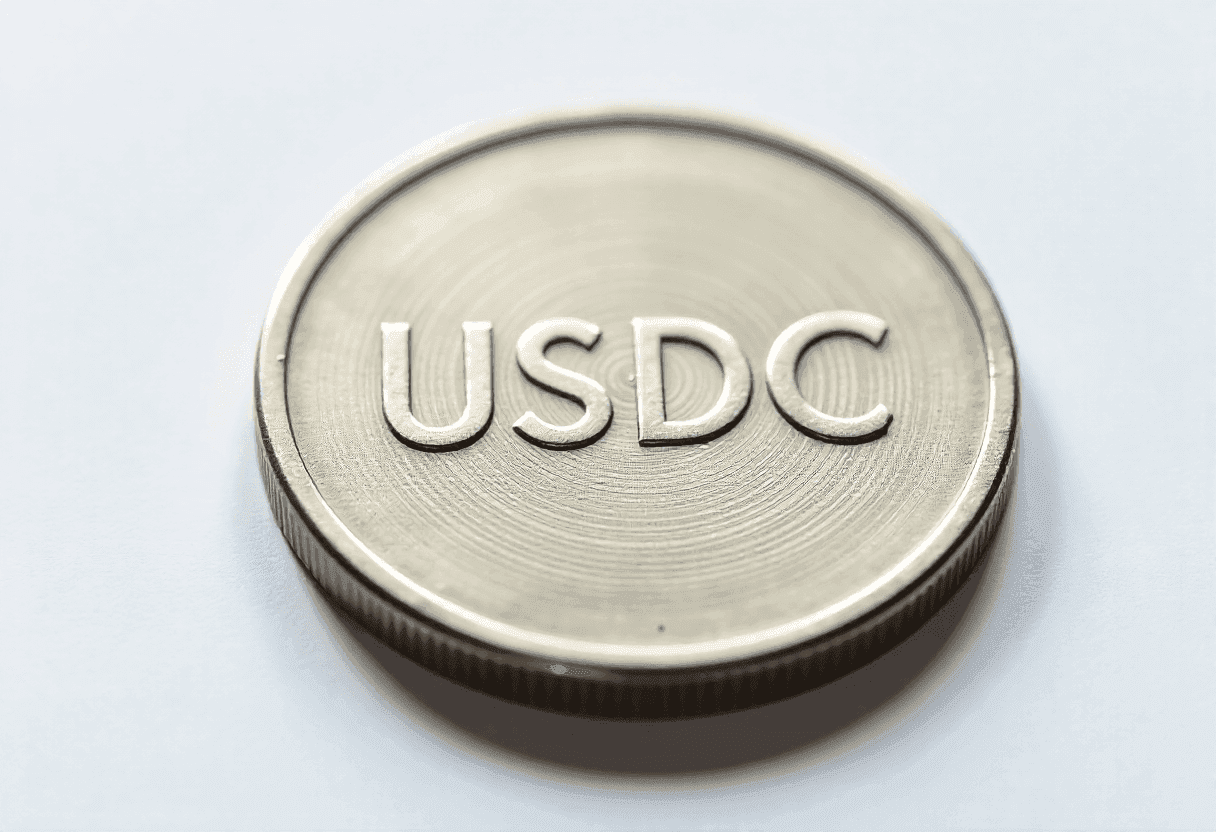USDT vs. USDC: Which Stablecoin Should EU Investors Choose?
With USDT already delisted in the EU, crypto investors face a critical decision: Should you switch to USDC? Here's everything you need to know about the differences, risks, and opportunities.

The delisting of USDT (Tether) in the European Union has left investors searching for alternatives to safeguard their portfolios. Stablecoins play a vital role in the crypto ecosystem, acting as reliable bridges between volatile cryptocurrencies and fiat currencies. With USDC positioned as a regulatory-compliant alternative, many are asking: Is it time to pivot from USDT to USDC?
The Impact of USDT Delisting in the EU
USDT’s delisting has created immediate challenges for its usability and liquidity in the European market. Traders and investors are already feeling the effects:
Restricted Access
Local exchanges in the EU have ceased support for USDT, making it increasingly difficult to trade or hold the stablecoin within the region.
Regulatory Risks:
The delisting highlights regulatory concerns about Tether’s reserve transparency and compliance, raising questions about its long-term viability in regulated markets.
Market Liquidity Shift:
Many investors are converting their USDT holdings to USDC, shifting liquidity and usage patterns within the stablecoin market.

USDT vs. USDC: Key Differences
1. Transparency and Backing
- USDT (Tether): USDT claims to be fully backed by reserves, but these reserves include commercial paper, loans, and other assets, sparking criticism about their stability.
- USDC (USD Coin): Issued by Circle and Coinbase, USDC is fully backed by cash and U.S. Treasury bonds. It undergoes regular, independent audits, making it a more transparent and reliable option.
2. Regulatory Compliance
- USDT: Tether has faced multiple legal challenges, including a settlement with the New York Attorney General in 2021. Its compliance issues contributed to its delisting in the EU.
- USDC: USDC operates under strict U.S. regulatory frameworks, positioning itself as a trusted and compliant stablecoin for institutional and retail investors alike.
3. Accessibility and Liquidity
- USDT: Globally, USDT remains the most traded stablecoin, but the delisting significantly reduces its accessibility for EU traders.
- USDC: As a compliant alternative, USDC is widely available on European exchanges and remains highly liquid, making it easier for EU-based investors to trade and use.
Why USDC Stands Out for EU Investors
With the delisting of USDT, EU investors need a stablecoin that meets regulatory requirements and offers ease of use. USDC emerges as the logical choice for several reasons:
- Regulatory Assurance: USDC’s alignment with international regulations ensures its continued availability and usability in the EU.
- Transparency and Stability: Backed 1:1 by cash and U.S. Treasury bonds, USDC provides greater confidence during periods of market volatility.
- Ease of Conversion: Converting from USDT to USDC is seamless on most major exchanges, with minimal fees and tight spreads.
Is Switching to USDC the Right Move?
For investors operating within the EU, transitioning to USDC offers a clear path to maintain compliance and stability. However, your decision should align with your trading and investment goals:
- If You Rely on EU Exchanges:
Switching to USDC is essential to ensure continued access and liquidity.
- If You Trade Globally:
Holding USDT may still be viable due to its widespread acceptance outside the EU.




























